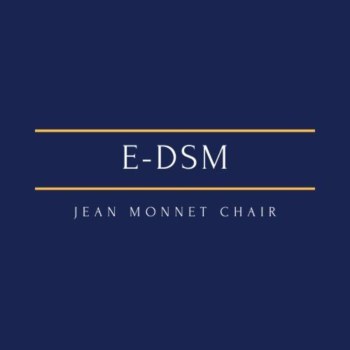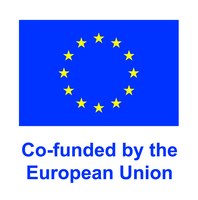Project

Background
The Chair is established in the Department of Sociology and Economic Law of the University of Bologna (IT). The Department has a track-record of excellence in research in sociology, economics, and law at national and international level. As a unique asset, the Department hosts the Jean Monnet Centre of Excellence ‘Consumers and SMEs in the Digital Single Market’ https://site.unibo.it/digi-consme/en. The Department also hosts the PhD programme in EU Market Law and EU Law with the Department of Law.
Aim and Rationale
The digital revolution and technologies are transforming the economy and social relations across the world. The Covid19 pandemic has shown the importance of digital products and service, alongside the acceleration of the pre-existing emerging economic model. The Recovery Plan places digitalisation as a key priority. At the same time, digitalisation poses unprecedented policy and regulatory challenges, and undermines existing legal frameworks and principles. It presents opportunities and risks for the European economy and market players. Fundamental rights and other economic rights are involved (e.g. data protection, ownership and property, contracts). Within the process of digitalisation, the EU Digital Single Market attempts to remove regulatory barriers and move from national markets to a single EU market. Regulation plays a pivotal role in the shaping of a EU single market fit for a sustainable digital economy, ensuring an optimal economic and social balance. Also, a properly regulated market offers an unprecedented opportunity for a competitive model in the world economy.
Within this framework, what are the challenges and risks ahead? What regulatory environment should provide for a right balance between economic exploitation, social justice, and the protection of established rights? How should the law of innovation look like and what is the role of the EU?
How it is decided what the rules are is one of the most important challenges facing policymakers today.
The establishment of the Chair aims at giving support, visibility and enhanced impact to the teaching and other side academic activities in this critical area of EU integration.
These activities are particularly relevant in the current state of events, where the technological curve has gone up steeply with the development of disruptive artificial intelligence, data lakes and databases, distribution ledgers, algorithms and other intelligent systems that make use of big data as their essential fuel. These digital technologies place public policy and law making at a crossroad. The ambitious goal of the Chair is to establish itself as a provider of key teaching and an influential voice in the debate surrounding the digital economy in the EU. It aims to serve as a catalyst for excellent teaching to future generations of professionals and researchers, alongside collateral research on this critical area of EU studies.
Objectives
The Chair aims at achieving the following core objectives:
• Delivering excellence in teaching and preparing future generations of professionals and researchers to the challenges of the digital economy and markets;
• Establishing collaborative interdisciplinary research and cross-fertilisation on selected, well-identified questions/issues surrounding the Digital Single Market;
• Publishing open-access articles in reputed international peer-reviewed journals, contributing to the policy debate and a deeper understanding of the socio-economic and legal principles of European integration in the digital sphere;
• Producing high-quality didactic material by publishing a book, thus offering students, teachers and researchers material for the coming years;
• Enhancing understanding, exploitation, and strategies surrounding the digital sphere and its regulation among young generations and the civil society;
• Engaging with other academics internationally on research, teaching, and dissemination;
• Informing policy-making and the judiciary.
Main activities and outputs
The activities of the Chair address in many ways the impact of the digital economy on the EU economy and society:
• Teaching and training. Design and delivery of 4 academic modules for a total of 126 hours (32 hours per 3 modules and 30 hours per 1 module) per year on:
1) ‘EU and international data protection’;
2) ‘The Economics and Law of Financial Technologies (Fintech)’;
3) ‘International Law for EU Management’;
4) ‘Regulation of Digital Markets’.
• Deliverables. Web resources, publications.
• Events. Two conferences; a reading group series; a yearly staff mobility exchange.
For any query, please contact Prof. Federico Ferretti at the email address f.ferretti[at]unibo.it

The E-DSM Chair is co-funded by the European Union within the Framework of Erasmus + 2021/2027.